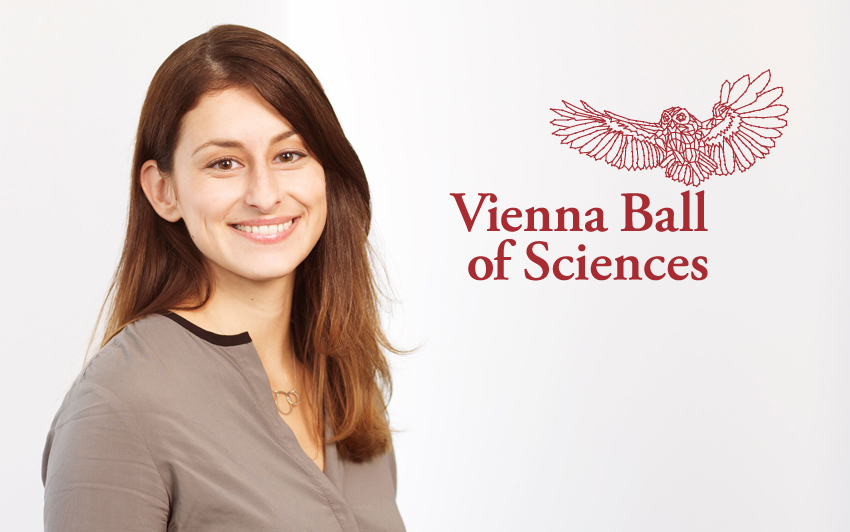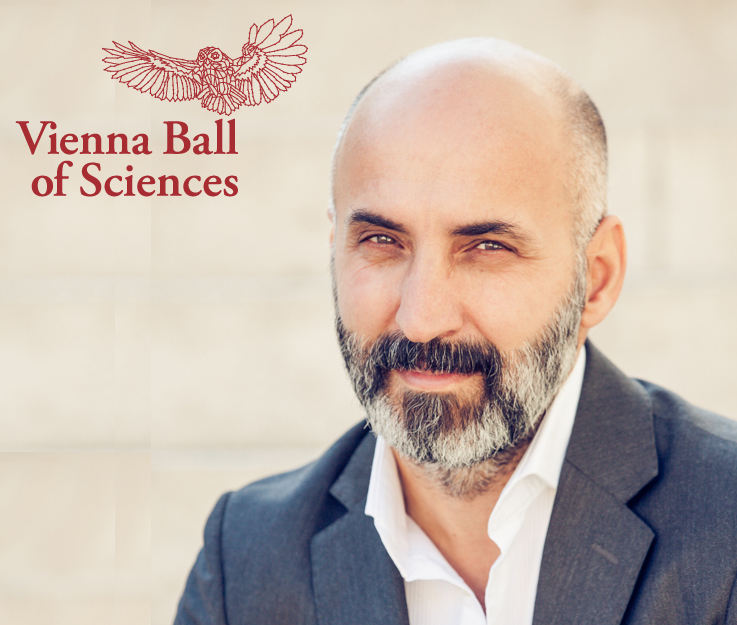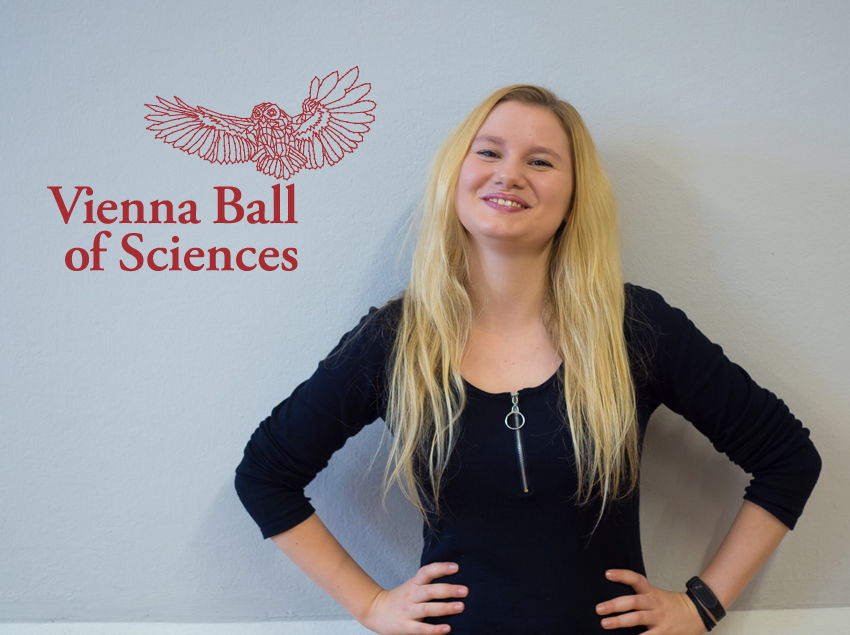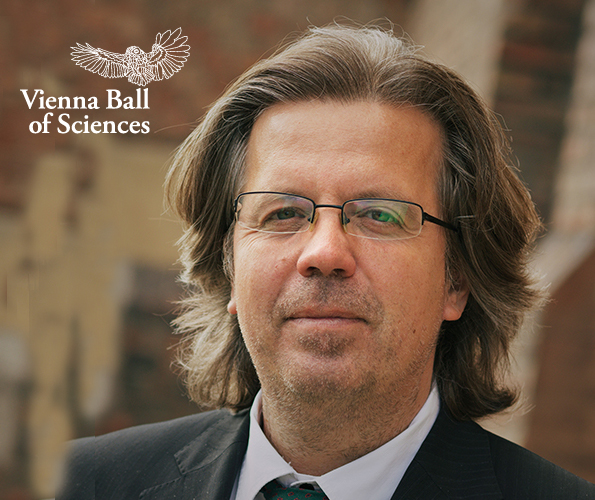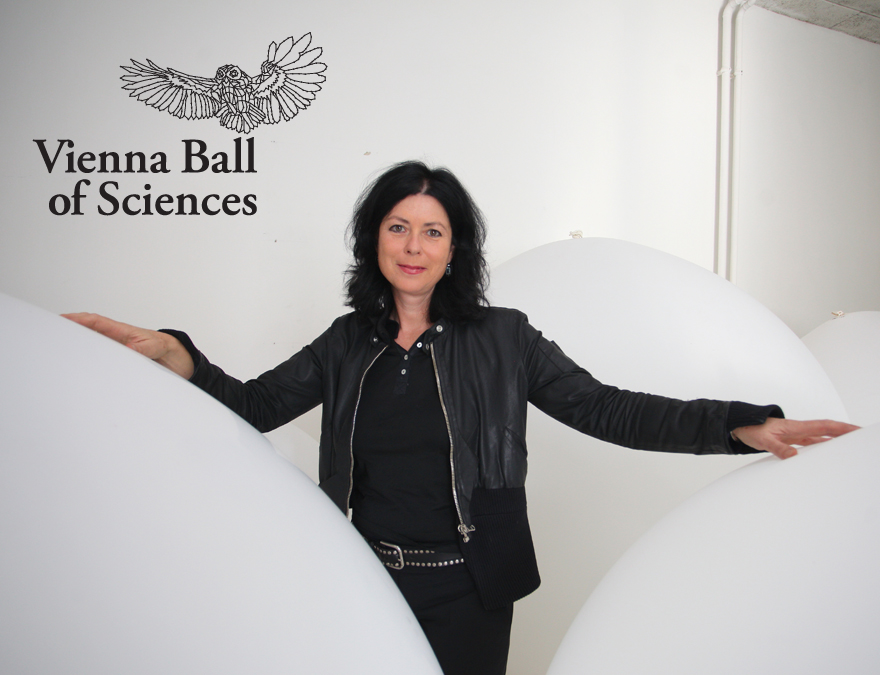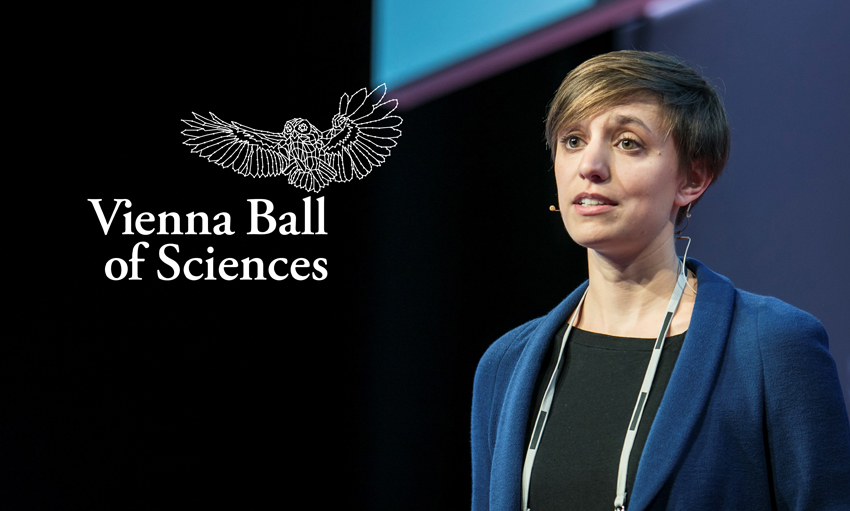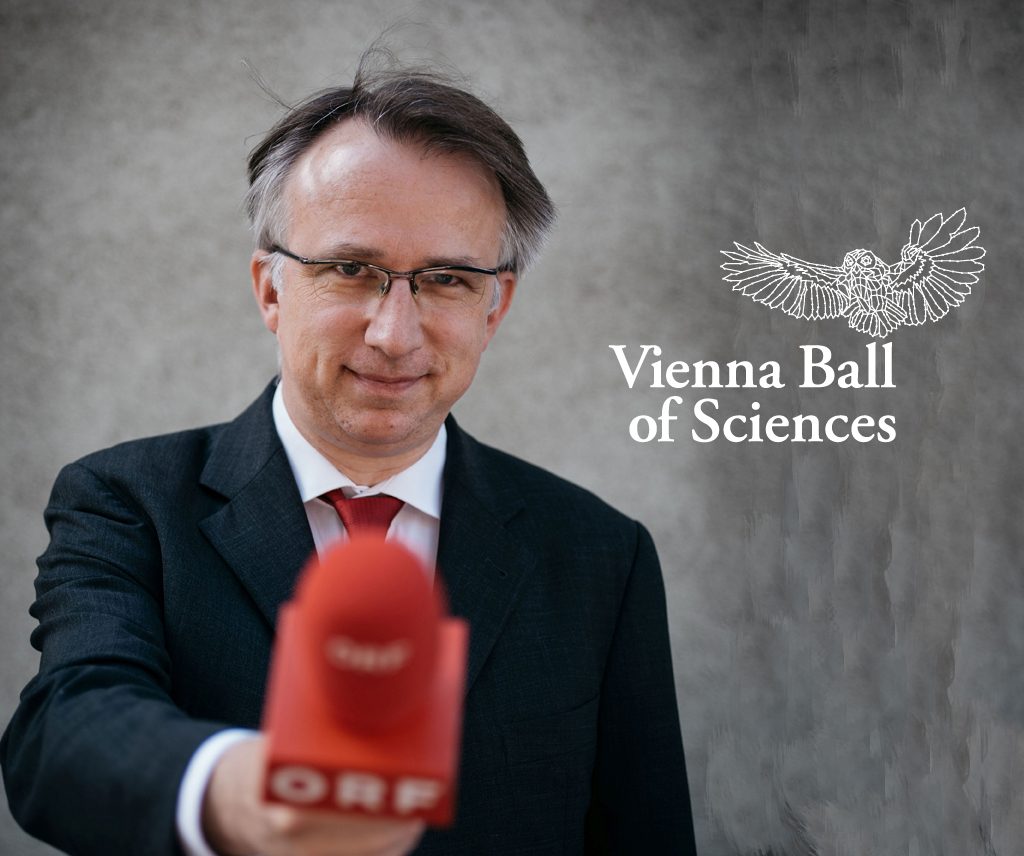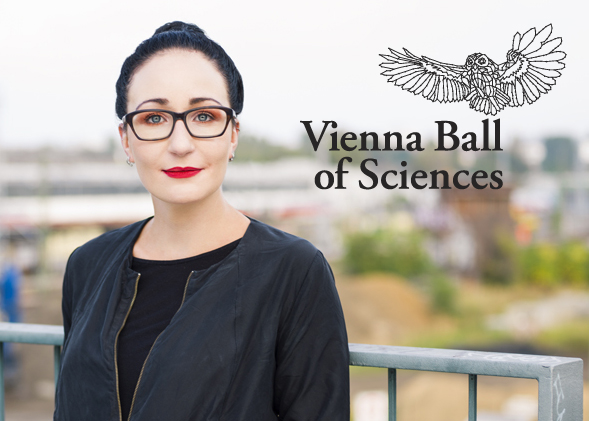“Science and research are an important part of our society. For the fourth time now, the Science Ball is helping to present Vienna all over the world as a city which combines cutting-edge research with old traditions. I am particularly pleased that our young researchers are being brought into the public eye at the Vienna Ball of Sciences. They contribute significantly to our research and will definitely enjoy the event. Ultimately, science is about sharing and creating new knowledge – and what strengthens a sense of collaboration more than a jolly evening in a special ambience? I’m happy to be part of it! ”
Anna Obenauf is the group leader of the Obenauf Lab, which studies cancer metastasis and therapy resistance at the Institute of Molecular Pathology (IMP). She did her PhD at Medical University of Graz and was a postdoctoral fellow at Memorial Sloan Kettering Cancer Center in the US.
Foto: Lukas Beck
